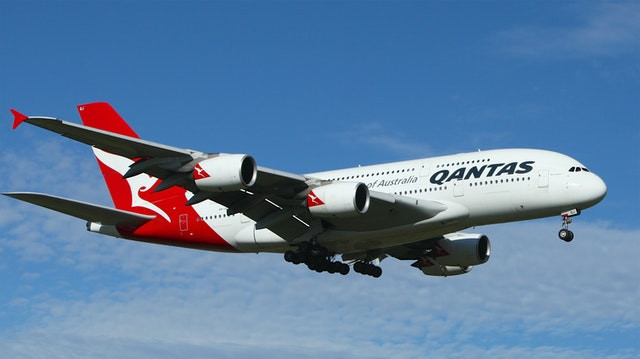
Plastic Free Airlines: What is Stopping Us?
19th Feb 2020
On December 2017, the first plastic-free flight took to the skies. Hi Fly, a company that wet leases aircraft in Portugal and Malta, replaced all plastic cutlery and containers with bamboo and other compostable alternatives. The first of three plastic-free test flights, it carried hundreds of passengers from Lisbon to Brazil.

Will Other Flights Follow?
In 2017, the first plastic-free flight took to the sky with airline leasing company Hi Fly. In 2017, Ryanair pledged to go plastic-free by 2023—despite CEO Michael O'Leary famously quoted as calling environmentalists "luddites marching us back to the 18th century". Ryanair's rival, easyJet, has announced they are introducing wooden drinks stirrers and straws, and compostable hot drinks cups which use a plant-based lining. Air New Zealand has banned many plastic items: including straws, coffee stirrers, eye mask bags, toothbrushes, cups, lids, and bags. The first Australian airline to fly zero-waste was Qantas. In 2019, on a flight from Sydney to Adelaide, passengers ate out of cane-based meal containers in a bid by Qantas to cut 100 million single-use plastic items by the end of 2020 and eliminate 75 % of the airline's total waste by 2021. They substituted about 1000 single-use plastic items or—in the case of mini Vegemite servings—removed them completely.
The Problem
Airlines generate over 5.7 million tonnes of waste every year. According to the International Air Transport Association, airline passengers generated more than 5.7 million tonnes of cabin waste in 2017, and this figure was predicted to double over the next 15 years if no action was taken. The Qantas group alone currently produces an annual mountain of waste equivalent to 80 full Boeing 747 jumbo jets.
Why Are All flights Not Plastic-Free?
Every flight could be plastic-free ... but there are several obstacles to overcome first. While it is easy to say that all airlines should go plastic-free on all flights, airlines may find this harder than, say, hotels. Planes are more restricted by weight—replacing plastic with heavier materials such as glass or china would have a noticeable effect, reducing fuel efficiency and increasing carbon emissions. Onboard space is also an issue: plastic items tend to be less bulky than their reusable counterparts. And planes have a limited time between touch down from one flight and take off for another, and cabin crew have enough to do in this time without trying to deal with dirty dishes. For these reasons, single-use materials are useful. However, there are many compostable alternatives to plastic. Why not use these? In fact, that is what plastic-free flights so far are doing. But there is an added cost: plastics are famously cheap, and compostable materials—while great—are usually more expensive. Airlines are aware of this: Qantas said, of its first zero-waste flight, that any extra cost associated with going plastic-free would not end up coming out of the customers' wallets.
The Solution
Airlines have a responsibility to look after the environment, and that means reducing not only their plastic consumption but also their carbon footprint. Yes, airlines need to make an effort to transition away from plastic and other single-use materials. Customers appreciate it and even expect it. Airlines that make a point of every flight going plastic-free may find their business increases—as long as their hospitality and service quality is also of a high standard. And as demand for compostable plastic alternatives increases, the extra costs associated with them will decrease. However, a plastic-free flight is still not a totally sustainable flight. It is important to remember the large carbon footprint of flying. One day, I hope planes will be able to fly carbon neutral. However, until that day, our best options are to reduce our flights where we can—and offset the carbon in them when we can't.
Information taken from Skift, The West Australian and The Telegraph. To read about the war on convenience, check out this article; and for more information about what we do, including the benefits of compostable packaging, have a look at our blog.
Planet Friendly Packaging acknowledges the traditional custodians of the land on which we work.
